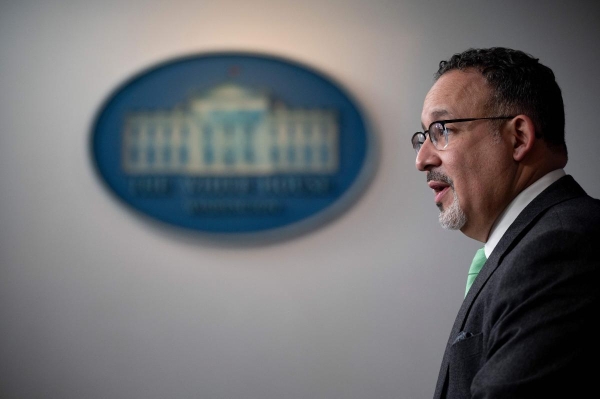The Free Application for Federal Student Aid (FAFSA) is a crucial tool for students seeking financial assistance to pay for college. However, delays in processing FAFSA applications have been a significant concern for many students and colleges in the United States. In response to these delays, the U.S. Department of Education has recently announced plans to ease certain requirements for colleges in order to address the problem.
FAFSA delays can have serious consequences for students, particularly those who rely on financial aid to afford college tuition and other expenses. These delays can result in missed deadlines for applying to colleges, registering for courses, and securing necessary financial aid packages. Additionally, delays in processing FAFSA applications can impact a college’s ability to disburse financial aid in a timely manner, causing financial strain for both the institution and its students.
In an effort to alleviate these issues, the U.S. Department of Education is taking steps to ease requirements for colleges when it comes to verifying FAFSA information. Currently, colleges are required to verify certain information provided on FAFSA applications, a process that can be time-consuming and lead to further delays in processing applications. Under the new guidelines, colleges will have more flexibility in verifying this information, which should help expedite the process and reduce delays.
This move by the Department of Education is a welcome development for colleges and students alike. By easing verification requirements, colleges will be better equipped to process FAFSA applications in a timely manner, ensuring that students receive the financial aid they need to attend college. Additionally, streamlining the verification process will help reduce the administrative burden on colleges, allowing them to focus more on supporting their students and providing a quality education.
It is important to note that while these changes will help address FAFSA delays, there is still work to be done to improve the overall efficiency of the financial aid system. Students and colleges should continue to advocate for policies and reforms that prioritize the needs of students and ensure that financial aid is accessible and equitable for all.
In conclusion, citing FAFSA delays, the U.S. Department of Education’s decision to ease requirements for colleges is a positive step towards improving the financial aid process for students. By streamlining verification processes, colleges will be able to process FAFSA applications more quickly and efficiently, ultimately benefiting students who rely on financial aid to pursue their education. Continued efforts to address FAFSA delays are essential in ensuring that all students have access to the financial support they need to succeed in college.



